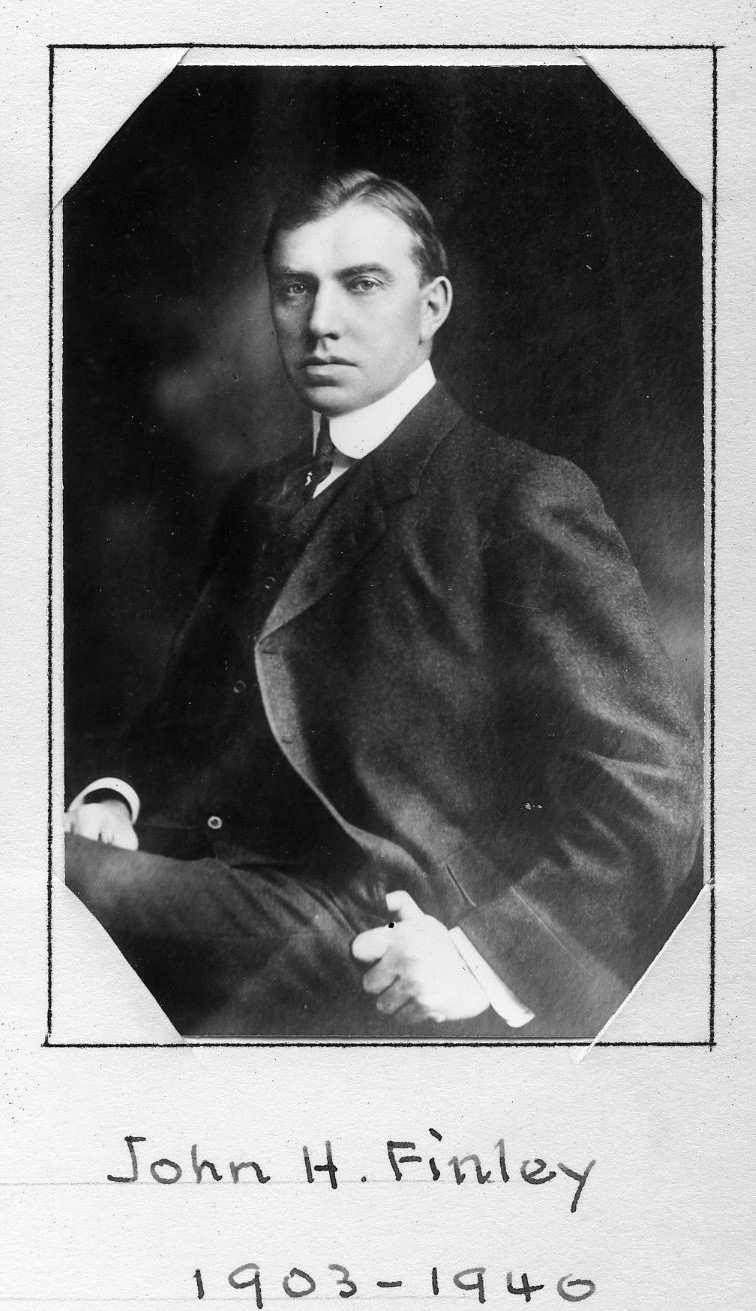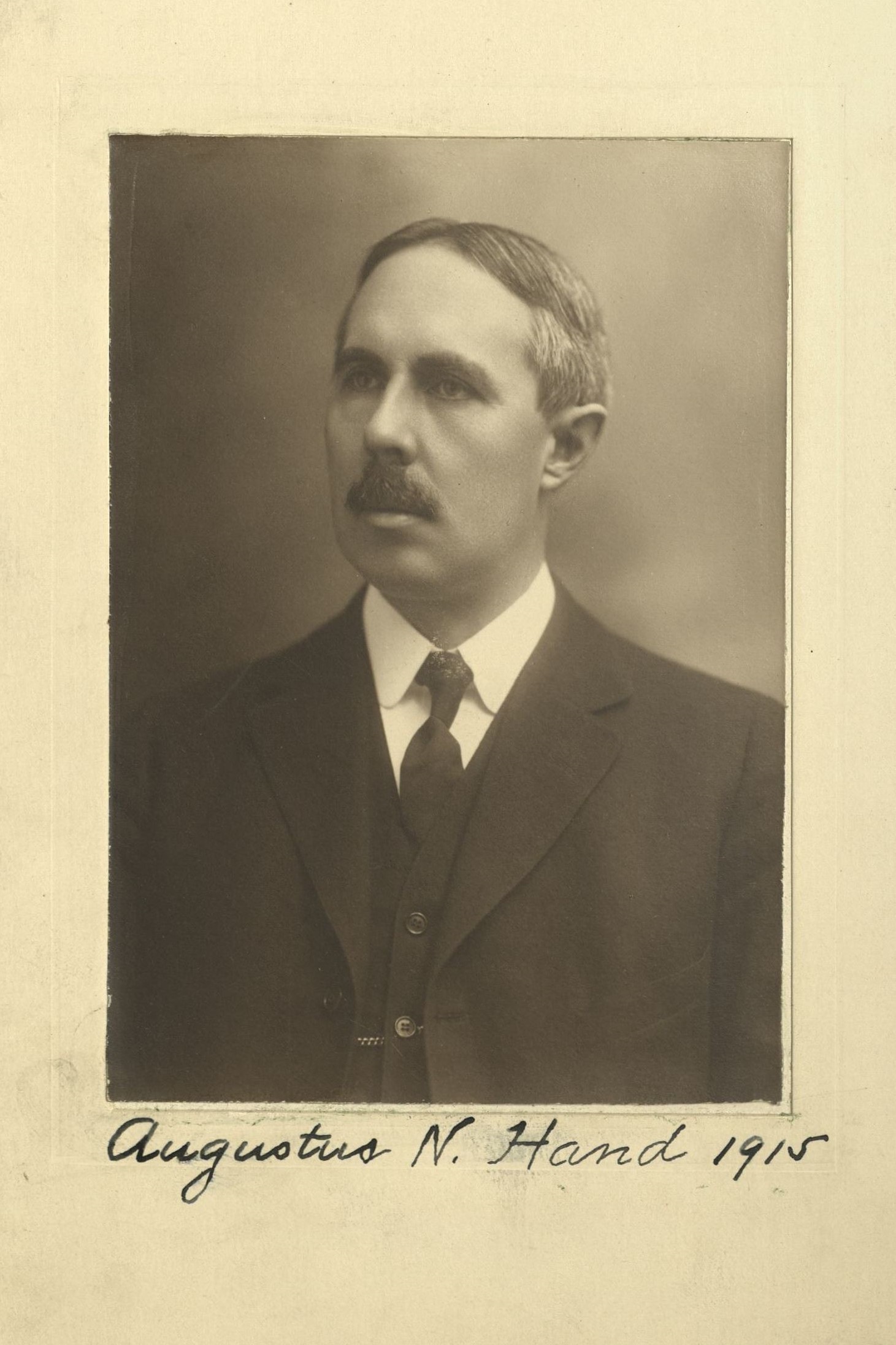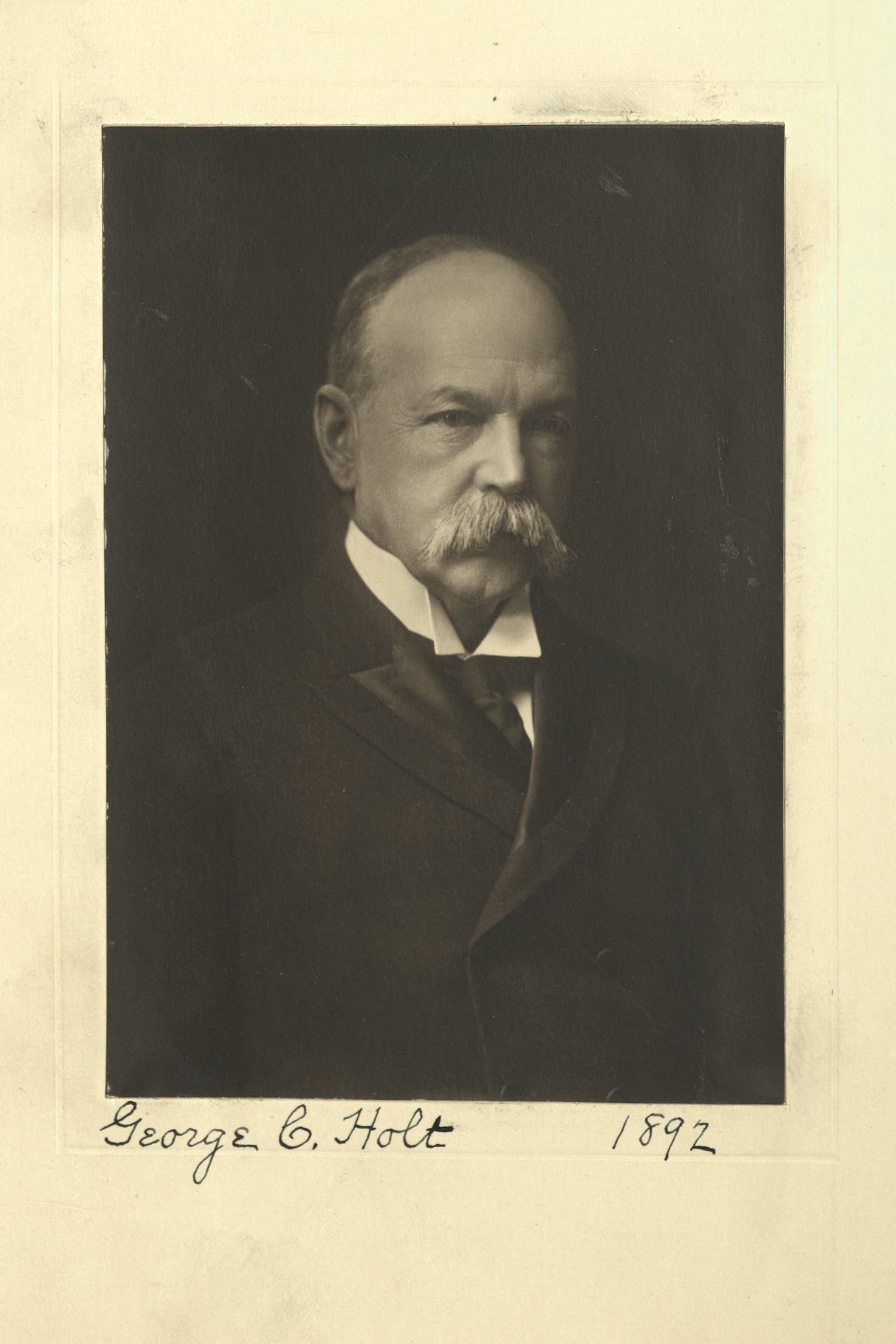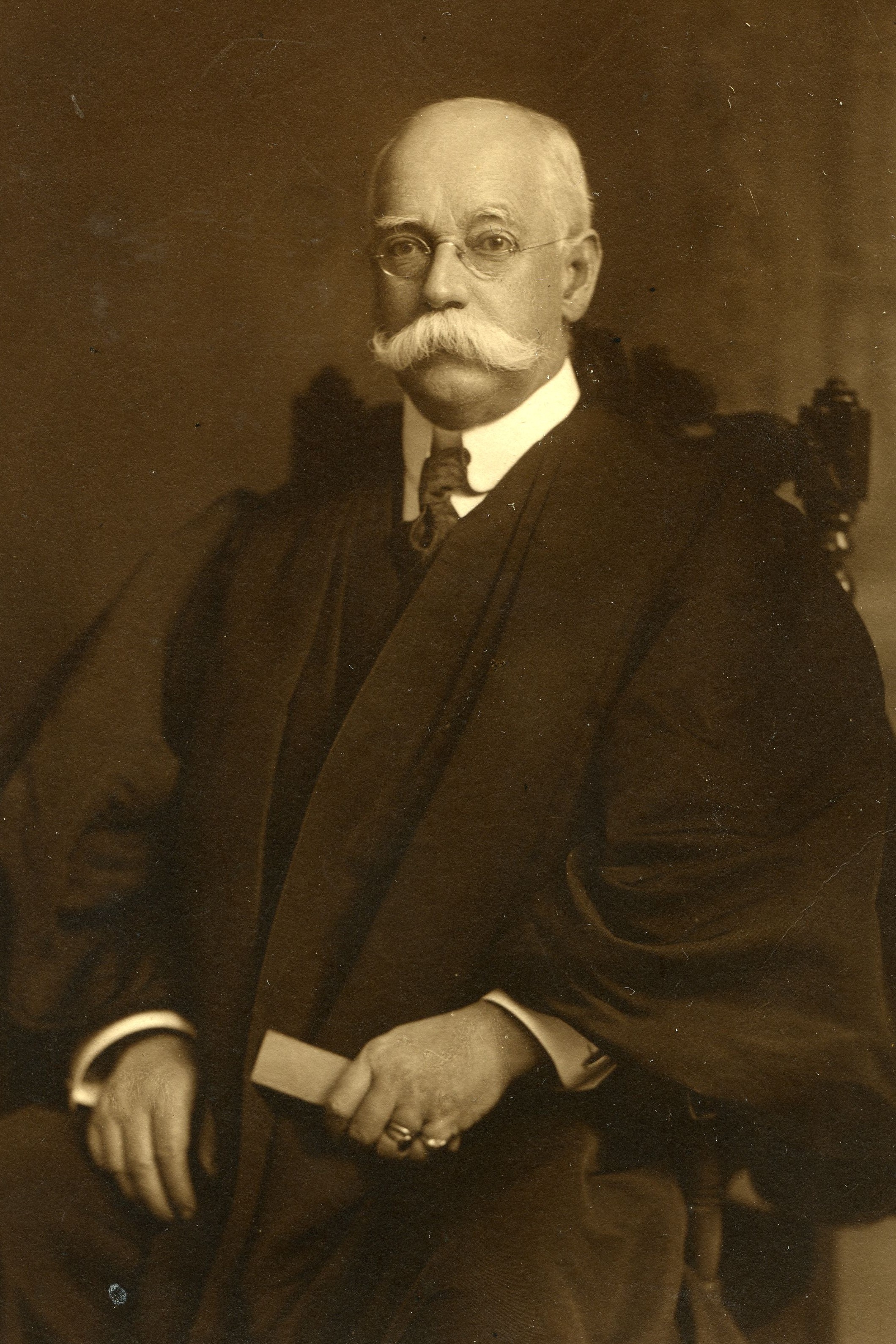Member Directory,
1847 - 1922
Van Vechten Veeder
Judge, U.S. District Court
Centurion, 1914–1942
George C. Holt and H. Galbraith Ward
Schenectady, New York
New York (Manhattan), New York
Age forty-six
Schenectady, New York

Century Memorial
The biographies of Van Vechten Veeder did what most biographies do to jurists—gave a wholly inadequate impression of him as a human being. They pictured him as though his career had been wholly devoted to dry legal learning, to jurisprudence in its least palatable form, bleak, arid, important, solemn, and devoid of the milk of human kindness. It is true that he was essentially judicial by temperament. He undoubtedly had the high esteem of his former associates on the bench and at the bar. But he was much more. His was a piquant personality, pungent, full of life, with fascinating and unpredictable prejudices, strong likes and dislikes, and with a gusto for life unusual in a man of his years. He had hobbies which he rode unmercifully and continuously. He began as a schoolboy with printing, running his own press and learning all about printing as an art as he grew older. Then he took to the buying of books in many fields, and the making of a library, sifting out from the multitude of books he bought those worth keeping. He was a bookseller’s joy, and a familiar figure at bookshops here and in England, where for so many years he took his family for long vacations. He went in for prints in a large way, knew the engraver’s art, and made a great collection of prints and etchings.
He was a perfectionist. The things he wanted—books, prints, and people—had to stand the test of acute, critical faculties, always keen, active, and uncompromising. There was in his nature nothing of that which Emerson describes as a “mush of concession.” He disagreed continuously and happily with those he loved. He followed the biblical injunction—those he loved he chastened—and they liked it and so did he. He was not pleasant to bores, and those who did not play the game got no comfort from him. With a reasonable number of distinguished exceptions, like his old partner Charles C. Burlingham, or his former judicial cronies, the Hands [Learned and Augustus], whose errors in thinking and doing made excellent conversational material here at the Club, for their edification and his own, he preferred those of younger generations for his associates. This was because he felt that that was where he belonged. They thought so too. He did not accept advancing years gracefully or at all. He resented them as something peculiarly inapplicable to a person of his temper and love of life.
He was good conversation always. He had a wide range of experience in life, from travel, from the bench and bar, and from the bookshops, and he knew how to talk about them. He knew all about good food and drink, and where they were to be had, and was willing to go there to get them. When he didn’t get them, he told the world, and when he did get them, he said so. He played no games, and the cardroom and the cowboy pool parlor knew him not. He was, like John Finley, a walker. When the doctors took walking away from him and stopped his cigars, he resented it bitterly and succumbed with bad grace. But he had a good life, and enjoyed every minute of it to the very end. He radiated humor and affection upon those he loved. His memory will long be green in this, his only Club. It suited him, and he suited it.
Geoffrey Parsons
1942 Century Memorials
Related Members
Member Directory Home-
 Charles C. BurlinghamLawyerCenturion, 1893–1959
Charles C. BurlinghamLawyerCenturion, 1893–1959 -
 John Huston FinleyProfessor/JournalistCenturion, 1903–1940
John Huston FinleyProfessor/JournalistCenturion, 1903–1940 -
 Augustus N. HandJudge, U.S. District CourtCenturion, 1915–1954
Augustus N. HandJudge, U.S. District CourtCenturion, 1915–1954 -
 Learned HandLawyer/JuristCenturion, 1908–1961
Learned HandLawyer/JuristCenturion, 1908–1961 -
 George C. HoltLawyerCenturion, 1892–1931
George C. HoltLawyerCenturion, 1892–1931 -
 H. Galbraith WardLawyer/JudgeCenturion, 1889–1933
H. Galbraith WardLawyer/JudgeCenturion, 1889–1933




